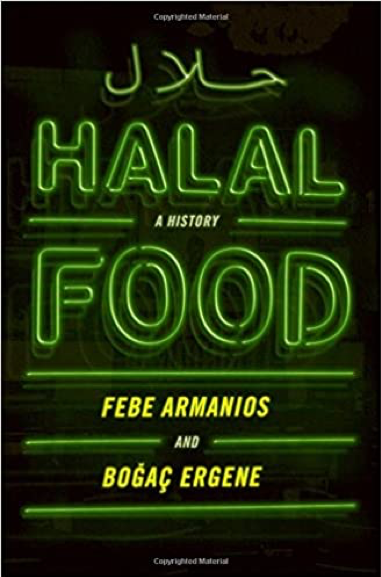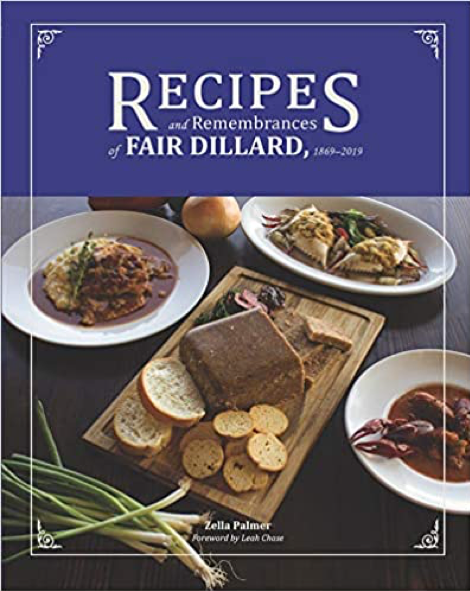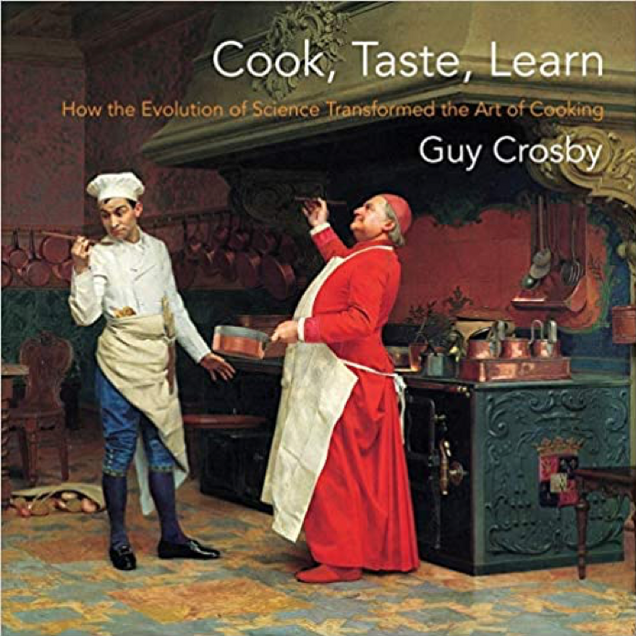Announcing the Fall 2020 Pépin Lecture Series in Food Studies & Gastronomy



Fall 2020 lectures will be presented in webinar format. Registration is free and open to the public: please follow the link for each program to register. Registrants will receive a link to the webinar (and a recipe from the book!) approximately one week prior to the talk.
We thank the Jacques Pépin Foundation for sponsorship of this lecture series.
Halal Food: A History
Date: Friday, November 13, Noon to 1 PM
Speakers: Febe Armanios and Bogac Ergene
Food trucks announcing “halal” proliferate in many urban areas but how many non-Muslims know what this means, other than cheap lunch? In their work Halal Food: A History, Middle Eastern historians Febe Armanios and Bogac Ergene provide an accessible introduction to halal (permissible) food in the Islamic tradition, exploring what halal food means to Muslims and how its legal and cultural interpretations have changed in different geographies up to the present day.
Historically, Muslims used food to define their identities in relation to co-believers and non-Muslims. Food taboos are rooted in the Quran and prophetic customs, as well as writings from various periods and geographical settings. As in Judaism and among certain Christian sects, Islamic food traditions make distinctions between clean and impure, and dietary choices and food preparation reflect how believers think about broader issues. Traditionally, most halal interpretations focused on animal slaughter and the consumption of intoxicants. Muslims today, however, must also contend with an array of manufactured food products–yogurts, chocolates, cheeses, candies, and sodas–filled with unknown additives and fillers. To help consumers navigate the new halal marketplace, certifying agencies, government and non-government bodies, and global businesses vie to meet increased demands for food piety. At the same time, blogs, cookbooks, restaurants, and social media apps have proliferated, while animal rights and eco-conscious activists seek to recover halal’s more wholesome and ethical inclinations.
Febe Armanios is Professor of History at Middlebury College and the author of Coptic Christianity in Ottoman Egypt.
Bogac Ergene is Professor of History at the University of Vermont. He is the author of Local Court, Provincial Society and Justice in the Ottoman Empire and co-author of The Economics of Ottoman Justice.
Register for Halal Food: A History
Recipes and Remembrances of Fair Dillard
Date: Friday, November 20, Noon to 1 PM
Speaker: Zella Palmer, with recipe demonstration by Katherine Kennedy
Recipes and Remembrances of Fair Dillard is a compilation of research and recipes related to Dillard University, one of New Orleans’s historically black colleges and universities, and one that is central to the history of the Civil Rights Movement, education, and the cultural identity of the city. Divided into three distinct sections, the book begins with the presidency of Albert W. Dent, who, along with his wife Ernestine Jessie Covington Dent, led the university with finesse and effective strategic planning while using the power of Black New Orleans hospitality to counter racial barriers in the height of the Jim Crow era. The middle section is a collection of recipes from the era of Dr. Samuel DuBois Cook and his wife, who were known for their food festivals and student picnics that created a family atmosphere for students, faculty, and staff. The final section includes contemporary recipes from the era of President Dr. Walter M. Kimbrough and his wife, Mrs. Adria Kimbrough.
This cookbook shares over eighty years of international and indigenous New Orleans Creole recipes collected from the community, friends of the university, campus faculty, staff, and students, providing readers with a glimpse into the rich food culture of African-Americans in New Orleans.
Zella Palmer, educator, food historian, author, and filmmaker, serves as the Chair and Director of the Dillard University Ray Charles Program in African-American Material Culture. Palmer is committed to preserving the legacy of African-American, Native American, and Latino culinary history in New Orleans and the South. Palmer curated “The Story of New Orleans Creole Cooking: The Black Hand in the Pot” academic conference and documentary, the Nellie Murray Feast, and the Dr. Rudy Joseph Lombard: Black Hand in the Pot Lecture Series.
Katherine Kennedy is Director of Boston University’s Howard Thurman Center for Common Ground. She is also a wine connoisseur and founding member of the Boston-based wine group Diva’s Uncorked.
Register for Recipes and Remembrances of Fair Dillard
Cook, Taste, Learn: How the Evolution of Science Transformed the Art of Cooking
Date: Friday, December 4, Noon to 1 PM
Speaker: Guy Crosby, with cooking demonstration by Val Ryan
Cooking food is one of the activities that makes humanity unique. It’s not just about what tastes good: advances in cooking technology have been a constant part of our progress, from the ability to control fire to the emergence of agriculture to modern science’s understanding of what happens at a molecular level when we apply heat to food. Mastering new ways of feeding ourselves has resulted in leaps in longevity and explosions in population―and the potential of cooking science is still largely untapped.
In Cook, Taste, Learn, food scientist and author Guy Crosby offers a tour of the history and science behind the art of cooking, with a focus on achieving a healthy daily diet. He traces the evolution of cooking from its earliest origins, recounting the innovations that have unraveled the mysteries of health and taste. Crosby explains why both home cooks and professional chefs should learn how to apply cooking science, arguing that we can improve the nutritional quality and gastronomic delight of everyday eating. Science-driven changes in the way we cook can help reduce the risk of developing chronic diseases and enhance our quality of life. The book features accessible explanations of complex topics as well as a selection of recipes that illustrate scientific principles. Cook, Taste, Learn reveals the possibilities for transforming cooking from a craft into the perfect blend of art and science.
Guy Crosby, PhD, CFS (Certified Food Scientist), known as “the cooking science guy”, has been an adjunct associate professor in the Department of Nutrition at the Harvard T. H. Chan School of Public Health since 2005 where he is the primary instructor for Nutrition 209, Seminars in Food Science, Technology, and Sustainability. He is also science editor for Christopher Kimball’s Milk Street, which produces a popular cooking magazine, PBS television cooking show, and radio program.
Val Ryan a food scientist and Lecturer in the Gastronomy Program, where she teaches The Science of Food and Cooking (ML619), and Food and the Senses (ML715).
Register for Cook, Taste Learn